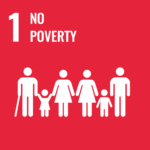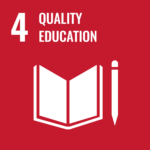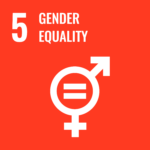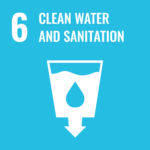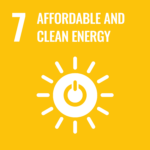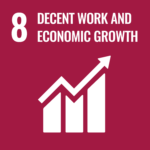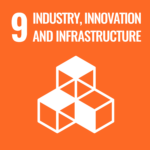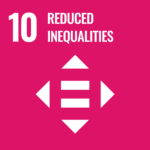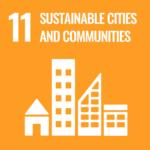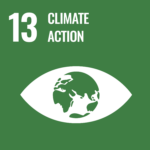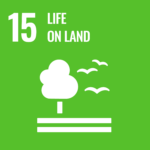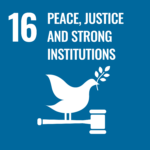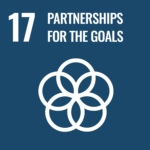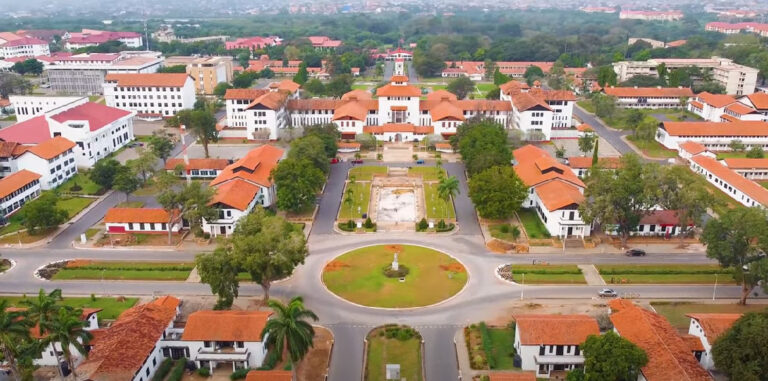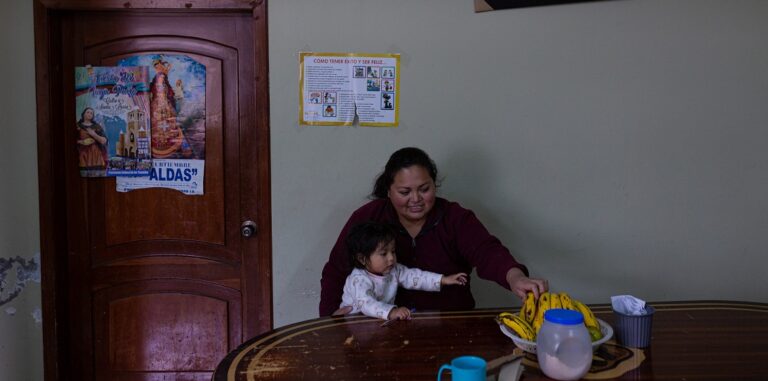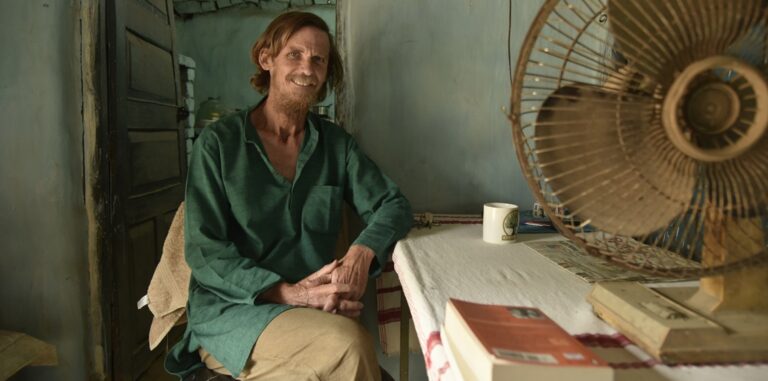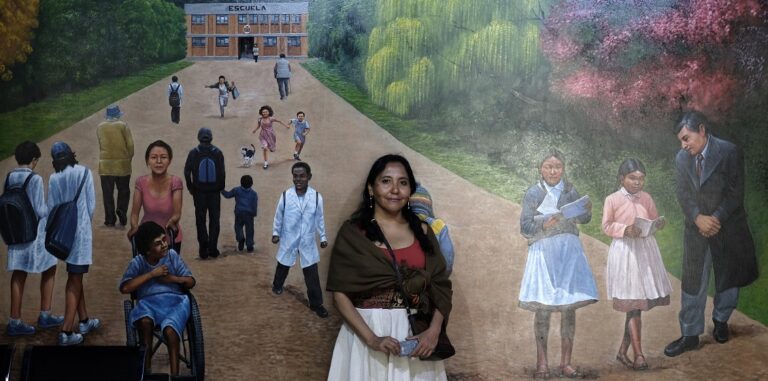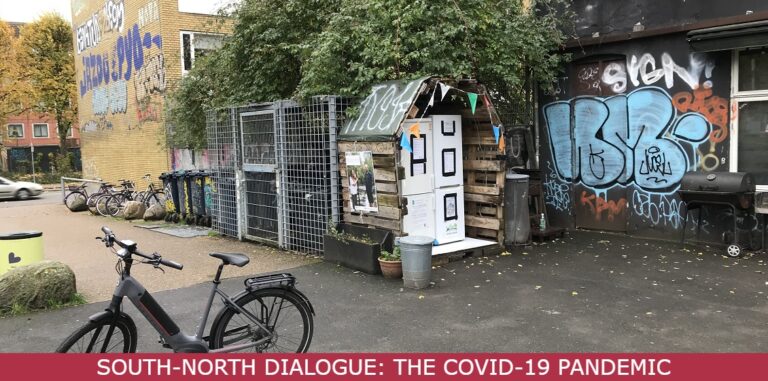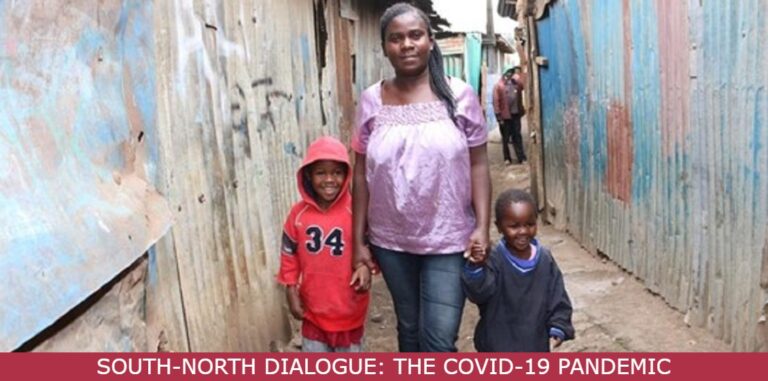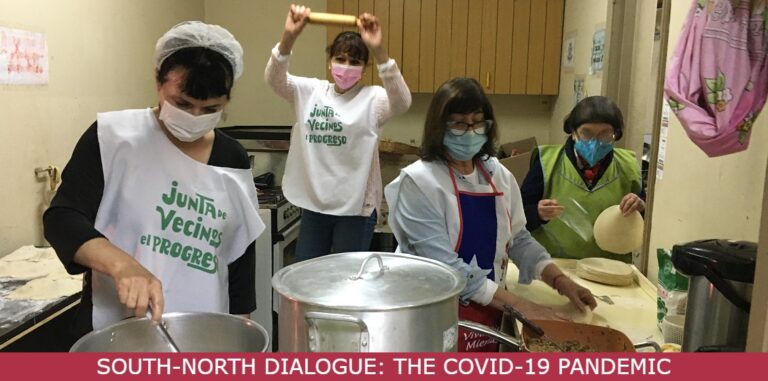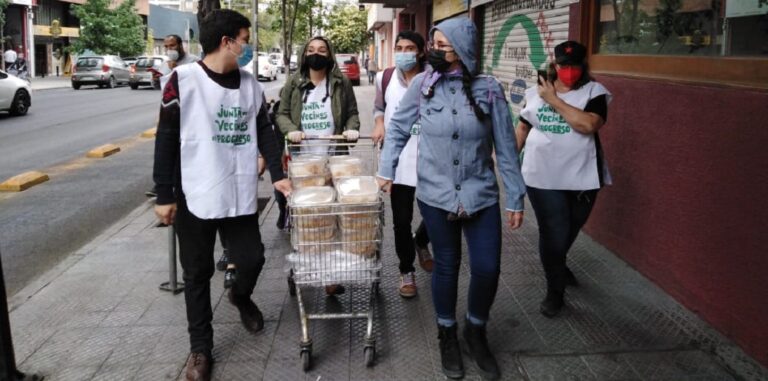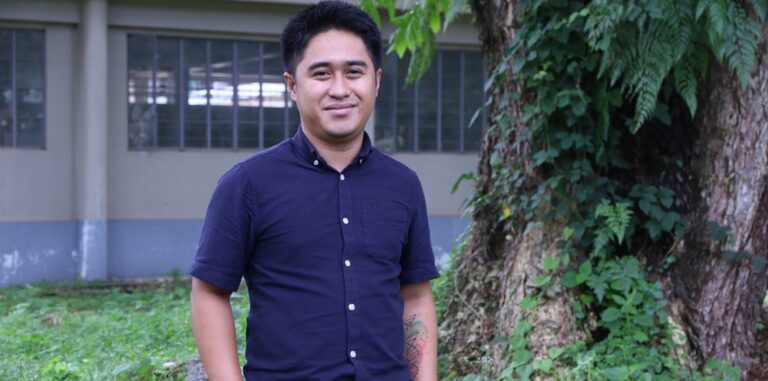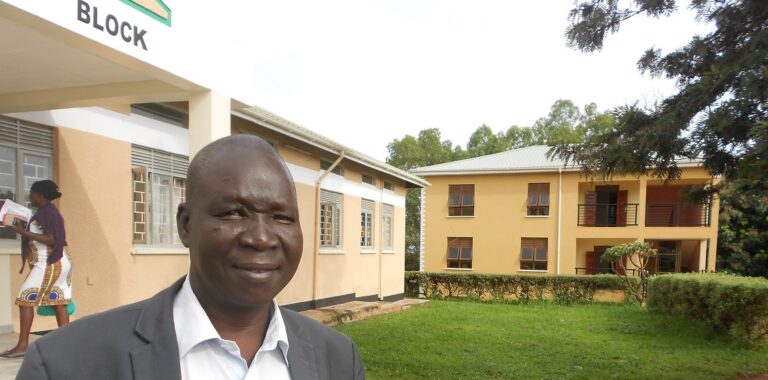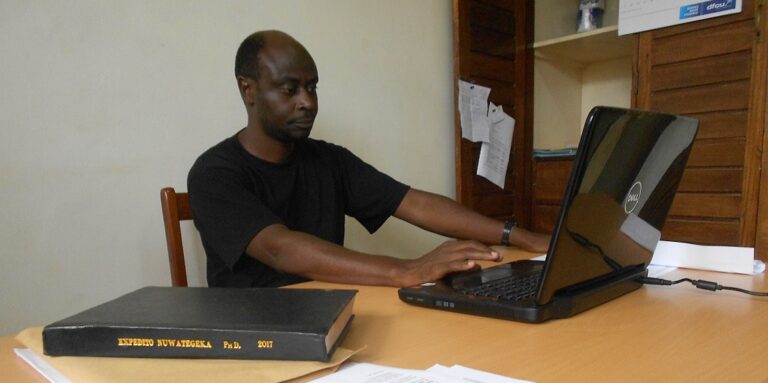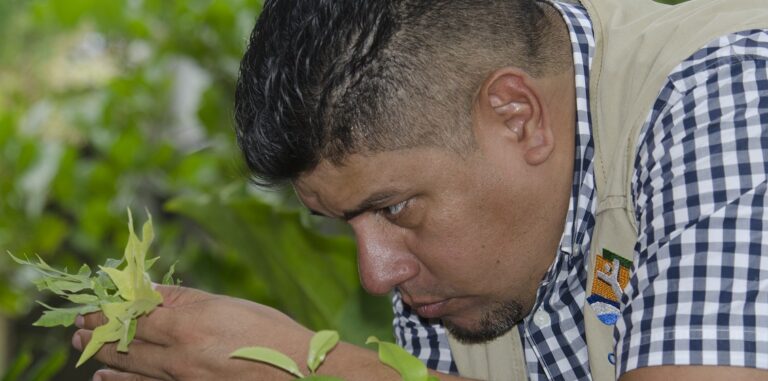Applied Sciences Climate action Natural Sciences Opinions Partnerships for the goals Peace, justice and strong institutions Zero hunger
Funding Policies in the North Hurt Capacity Building in the South
Denmark has valuable experience in running an efficient research administration. It’s important to continue sharing this experience with the global South countries like Ghana in order to address risks of bureaucracy, according to an experienced Danish development researcher In many...
Read More
Ecuador: The highest number of chronic child malnutrition in South America
Back there, intertwingled with the clouds, is the snowy mountain of Carihuairazo. The altitude here in the town of Tisaleo is more than 3.200 meters above sea level. Up here the air is dry. This area is known for agriculture,...
Read More
Measuring ‘Poverty in Bundles’: A New Method to Target Poverty Reduction
The Global Multidimensional Poverty Index (MPI) is a yearly publication by the UN that measures worldwide poverty levels. This year, a new way to address poverty was introduced. For the first time, it uses a concept called ‘poverty in bundles’,...
Read More
Jean Drèze: A Scholar who Integrated Research with Action in Social Science
Action-oriented research is a road less traveled in the world of academics. Often researchers are confronted with the dilemma of the need to remain objective while taking a clear point of view in their research. Jean Drèze, a Belgian-born Indian...
Read More
Bolivian Researcher Carla Colque-Little Throws Light on the Superfood-crop Quinoa
Carla Colque-Little specializes in diseases of one of the star crops from Bolivia – quinoa. A plant that many countries – for instance, Denmark – are eager to adapt to cultivate in their farmland – is a crop for the...
Read More
The fresh food in this outdoor fridge is for everyone who need it
In front of ”Folkets Hus”, The People’s House, in Copenhagen’s Noerrebro neighbourhood, you will find two tall outdoor fridges. If you open the door to any of the fridges, you will find fresh and clean food and drink, vegetables, instant...
Read More
Two years later, families in Kenya’s informal settlements are still food insecure
The scorching sun is unforgivingly baking the ground in Korogocho slums in Nairobi with the same intensity that pangs of hunger are hitting the bellies of Joyce Khamala and her three children. To this family, lack of food is a...
Read More
“Ollas Comunes” in Chile in times of the “new normal”
Due to the advance of COVID-19 - during 2020 - neighbors, friends and families from popular neighborhoods in Chile organized “common pots”, a form of popular organization where, through the delivery of homemade meals, food was assured to thousands of...
Read More
El resurgimiento de las “ollas comunes” en Chile: solidaridad en tiempos de pandemia
Durante 2020, debido al avance del COVID-19, personas de barrios populares de Chile han estado organizando “ollas comunes” como una forma de asegurar alimentación a su comunidad. Vecinos, amigos, familias del mismo barrio que sufren por el desempleo y la...
Read More
The resurgence of “Ollas Comunes” in Chile: Solidarity in times of pandemic
During 2020, due to the advance of COVID-19, people from popular neighborhoods in Chile have been organizing “Ollas Comunes” or “Soup Kitchen” as a way to provide meals to the community. Neighbors, friends, families from the same area who suffer...
Read More
Learning from one of the marginalised sectors in society – the Higaonon tribe of Bukidnon, Philippines
While we fight for the last grain to survive, the Higaonon tribe – a group of indigenous peoples in the remote mountain villages of Bukidnon, Philippines – have lived for centuries utilising the plant resources in their ancestral land. These...
Read More
Can a pest species earn you more than the principal crop?
This article is about my master’s fieldwork experience in Ghana, where I looked into the contribution of an edible pest species to rural livelihoods in the country and the accessibility constraints associated with its harvest. As Erasmus Mundus scholars, we...
Read More
Gulu: When a PhD Student Investigates the Relevance of a University to the Neighbouring Community
When Asaf Adebua in 2017 started to study for his PhD at Gulu University 'The Contributions of Institutions of Higher Learning to Post-war Community Transformation: The Case of Gulu University in Gulu District', he was investigating the relevance of his university to the community it targets to transform, going by the university’s motto, For Community Transformation.
Read More
Food innovation for a sustainable future
It is becoming increasingly more evident that meat overconsumption is problematic due to various factors and there are direct consequences to the patterns of meat consumption in excess. I met with Ph.D. student Krishnachandra Sharma Hidangmayum, at University of Copenhagen Department of Food Science, to learn about his insights in the subject and the work he has done to advance sustainable solutions in food innovation.
Read More
Uganda’s Unique Refugee-Hosting Model: Between Reciprocal Innovation and Challenges
While mixed migration to the industrialised world captures most media and political attention, the reality is that approximately 85 percent of the worlds refugees and asylum seekers are hosted in so-called developing countries. Uganda is, as a low-income nation at the size of the UK, hosting more than any other African country. Uganda, further has the world’s third largest refugee population, after Turkey and Pakistan, with more than 1.3 million refugees by September 2019, of which more than one million has arrived since 2017.
Read More
Indigenous Knowledge (IK) and the new face of Uganda’s PhD
The first time I spoke to Dr. Expedito Nuwategeka was on the telephone. In my mind I saw the image of a 60-year old man sitting on a wooden chair with piles of books at his table. However, that is not the image I arrived to at Gulu University on an April afternoon to meet him.
Read More
Microbes for pesticide-free wheat with a smaller footprint
Consumers and the broader public have been more and more interested in what organic and sustainable agriculture can offer, namely, pesticide-free food and reduced environmental impact. The overuse of pesticides as a strategy to prevent disease has raised concerns with farmers and scientists, too, as resistant diseases are on the rise.
Read More
Nicaragua: Making local people participate in climate change research, that’re going to save their lives
Researcher Abdel García from Humboldt Center, one of Nicaragua’s most renowned environmental institutions, is passionate about involving local population in climate change adaptation research. “In the near future Nicaragua as a country where people live, might stop existing,” he fears
Read More



